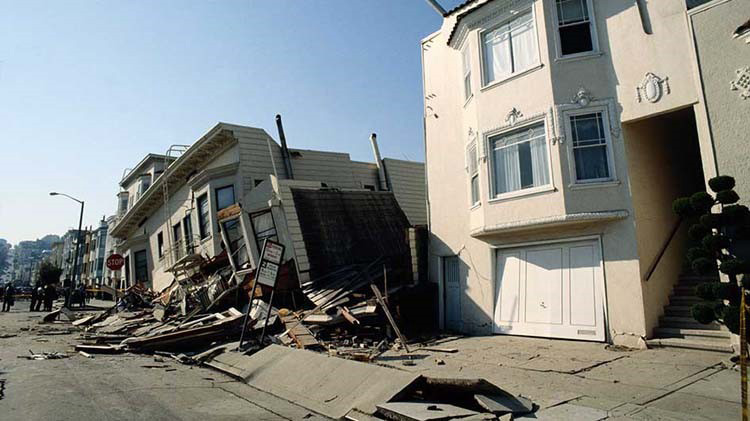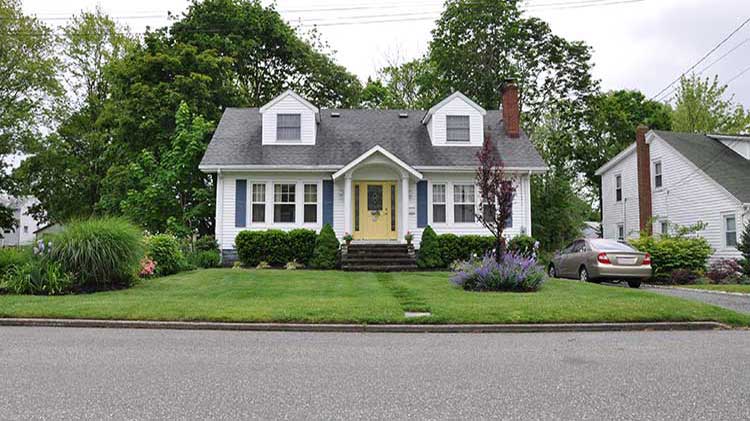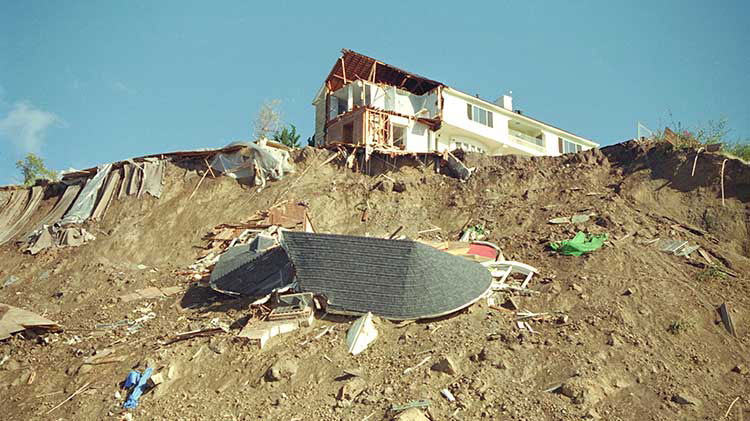Do you need earthquake insurance if you don't live on the coast?
You can't count on traditional homeowners insurance to reimburse damages after a tremor.
Many people think that earthquakes are only likely to occur in California. But according to the U.S. Geological Survey (USGS), every state has had an earthquake, but Florida and North Dakota have the fewest. With most of the United States having the potential for earthquakes, it's important to understand how your homeowners insurance and earthquake insurance work together.
How does my homeowners insurance policy handle earthquakes?
Most standard homeowners, condo owners or renters insurance policies don't cover earthquake damage to property and personal belongings. Federal and state financial assistance after an earthquake will probably not cover all your replacement costs. Even if your neighborhood is declared a disaster area, the Federal Emergency Management Agency (FEMA) may only offer limited assistance through grants, and only to those who qualify.
In most states, insurers offer earthquake insurance as a separate option to their standard homeowners policy for an additional premium. Premiums vary from state to state, depending on statistical and risk-assessment factors. Rates are lower in states with lower seismic activity. If you live in California, you can use CEA's premium calculator to determine rates in your area.
What should I look for in an earthquake insurance policy?
As when buying any type of insurance, purchase the coverage that works best for your budget and individual needs. Ask yourself these questions:
- What's the cost to replace my possessions? Replacement costs for major appliances and other expensive items in your home could add up to a substantial sum.
- Where would I live if my residence were uninhabitable? If your home sustains structural damage, you might have to vacate the premises and stay in a hotel while repairs are being done or your home is rebuilt
- How much is my home worth? Your earthquake coverage should match the level of coverage on your homeowners insurance to help ensure your home is covered in case it needs repaired or replaced.
- What about personal property? Your earthquake coverage may not cover personal property. Homeowners insurance does not typically cover personal property damage from earthquakes. You might want to consider a personal article policy.
How do I know what to insure?
A home inventory is a useful way to record your most valuable assets ahead of any loss and provide a better idea of how much coverage you might need. Keeping an accurate property inventory will help facilitate the claims process in the event you have to file a claim. A visual record of your possessions, such as a video walk-through of your home or a series of photographs, can help establish proof of ownership. Make a list of everything of value in your residence. Keep documentation of major purchases, including receipts, credit card statements and appraisals. These documents can be scanned for digital storage or kept in a safe off-site location, such as a safe deposit box. And once you've created your home inventory, be sure to keep it updated.
How do I get earthquake insurance in California?
A majority of the world's biggest earthquakes take place along the U.S. Pacific Coast, stretching from Southern California to Alaska. Though California has one of the highest earthquake risks in the country, only 13% of Californian's have earthquake insurance. To help encourage more Californians to purchase earthquake coverage, the California Earthquake AuthorityTM (CEA) was created in 1995. The CEA is a nonprofit, privately funded insurer created by the state's government to help make earthquake insurance more affordable. This mini-policy option is available through most California insurance carriers. Additionally, if you live within 20 miles of a volcano, take a moment to find out more about how your family can prepare for and respond to a volcano eruption.
To learn more about earthquake insurance and whether it's available in your area, contact your insurance agent.




